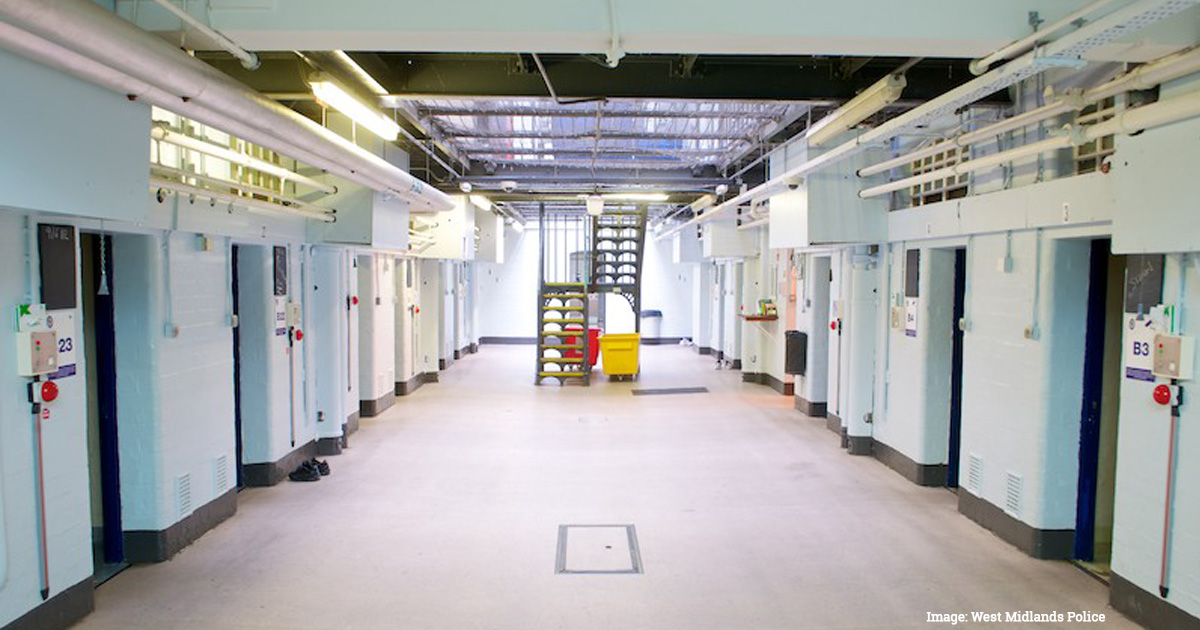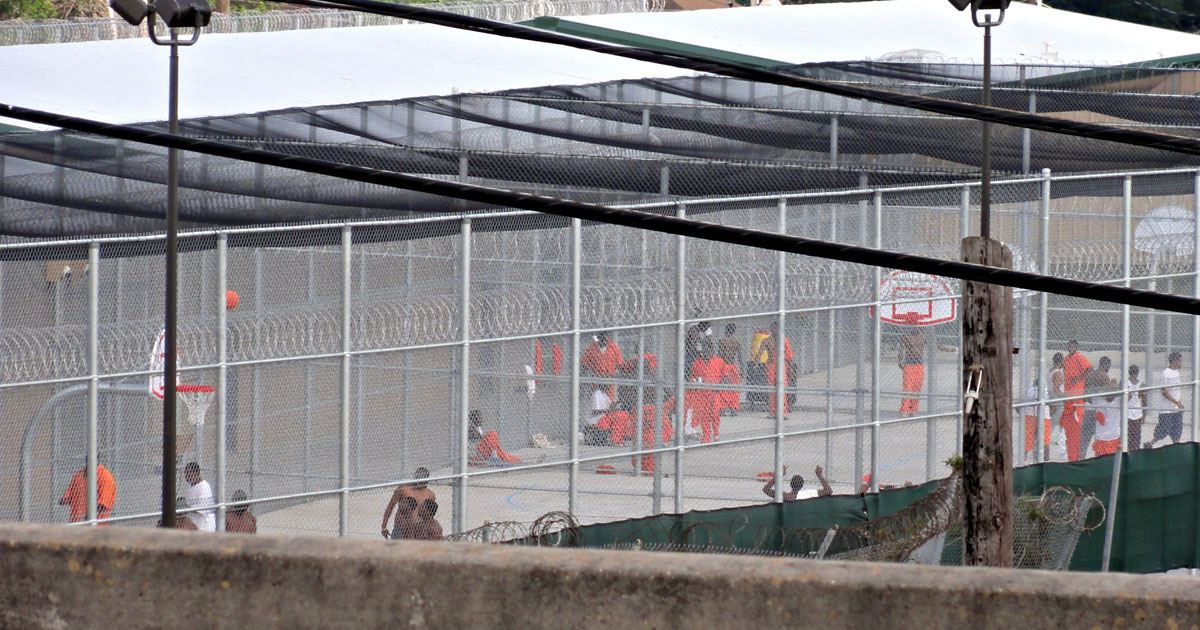How Prison Gangs Affect Inmates

By:
Prison gangs work like airplanes. As long as they maintain space between each other, they're much less likely to have problems. Though it can be hard to maintain space in an ever-shrinking environment, organized chaos can be better than chaos alone.
Prison gangs took hold of America's incarcerated society around the 1950s, when prison populations quickly rose at the same time prison diversity was rising, according to The Atlantic. The influx of people from different cultures and ways of living made it difficult to maintain harmony. Thus, the inmates began creating gangs with their own codes of ethics and systems for protection and survival. A few of the main gangs include: The Aryan Brotherhood (believed to have around 20,000 members), Nuestra Familia (over 1,000 members), Nazi Low Riders (5,000 or less members), and Ñeta (12,000 between the U.S. and Puerto Rico).
 Flickr/West Midlands Police - flickr.com
Flickr/West Midlands Police - flickr.com
Why do inmates join prison gangs?
Without a central ideology controlling how inmates act, it can be dangerous to be a lone prisoner.
"The main reason why inmates affiliate with gangs is for safety," David Skarbek, author of The Social Order of the Underworld, told ATTN:. "People in prison feel vulnerable, and turning to gangs is a way to protect oneself from other inmates."
Skarbek said gangs pretty much control how the prison operates, so an inmate doesn't want to be left out of the system. Skarbek's book focused on the California prison system, which is the second largest in the nation. "Gangs are a source of safety in a dangerous environment and they regulate social and economic affairs, including the underground economy," he said. "Because of their activities, California prisons have fewer chaotic and spontaneous acts of violence."

Gangs often regulate the economies inside prisons.
That doesn't mean there isn't violence because there obviously is, but it's thought-out and planned violence (that likely has a purpose). While organized violence is worse than no violence at all, it's at least somewhat predictable. In terms of the economy, gangs help regulate things like cell phones, drugs, and alcohol, Skarbek said. "Prison gangs often rely on extensive written constitutions, explicit codes, elections, and complaint procedures," he said. "They require new recruits to prove their ability to operate effectively in prison, to wield violence, and to negotiate interactions with other inmates and staff." He said some of the larger gangs require lifetime commitments.
Mass incarceration leads to more prison gangs.
While there are obviously many negatives to prison gangs, such as the fact some require people to kill or hurt others just to prove themselves, they do help maintain at least some level of order in an overcrowded and poorly managed prison system. Overcrowding has often been associated with an increase in prison gangs and violence across the globe, and it is often because prisons are overwhelmed by managing so many people. With the gangs, you at least have solid groups to manage.
Unfortunately, the actions and relationships found in these prison gangs often leak into the outside world. Those who join prison gangs are more likely to end up back in prison after they're released, and gang affiliation "often carries a lot of clout on the street, and to some people, a prison gang affiliation is a stamp of approval of a person’s criminal credentials," Skarbek said.
These affiliations between prison gangs and street gangs can be further strengthened by the inability of prisons to control contraband like drugs and cell phones. With valuable items to market and a convenient tool for communicating with the outside, the relationship can flourish. California seized over 30,000 cell phones in 2012 alone.
In lieu of a system where prisons have adequate space and are more tightly controlled, prison gangs might take some of the burden off of those who run prisons. It is the necessary evil that arises from a turbulent microcosm. There are many negatives to being involved in a gang in or outside prison, but in some cases it's the only way to survive.
